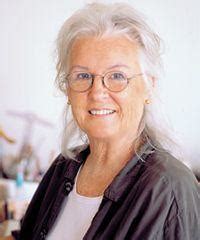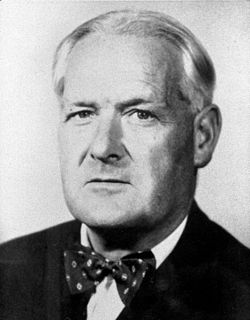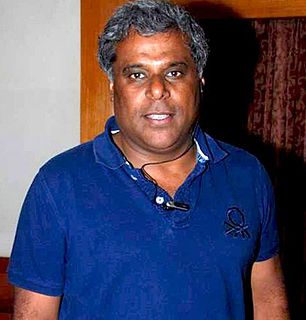A Quote by Jaak Panksepp
When scientific conversations cease, then dogma rather than knowledge begins to rule the day.
Related Quotes
And if there be any addition to knowledge, it is rather a new knowledge than a greater knowledge; rather a singularity in a desire of proposing something that was not knownat all beforethananimproving, anadvancing, a multiplying of former inceptions; and by that means, no knowledge comes to be perfect.
Patience is a virtue, but there comes a moment when you must stop being patient and take the day by the throat and shake it. If it fights back; fine. I'd rather end up bloody at the end of the day, then unhurt with no progress made, no knowledge gained. I'd rather have a no, then nothing. I'd forgotten that about myself.
Trouble arises when either science or religion claims universal jurisdiction, when either religious dogma or scientific dogma claims to be infallible. Religious creationists and scientific materialists are equally dogmatic and insensitive. By their arrogance they bring both science and religion into disrepute.
It is ironic that the scientific facts throw Darwin out, but leave William Paley, a figure of fun to the scientific world for more than a century, still in the tournament with a chance of being the ultimate winner... Indeed, such a theory is so obvious that one wonders why it is not widely accepted as being self-evident. The reasons are psychological rather than scientific.
It is useless not to seek, not to want, for when you cease to seek you start to find, and when you cease to want, then life begins to ram her fish and chips down your gullet until you puke, and then the puke down your gullet until you puke the puke, and then the puked puke until you begin to like it.
All scientific work is incomplete - whether it be observational or experimental. All scientific work is liable to be upset or modified by advancing knowledge. That does not confer upon us a freedom to ignore the knowledge we already have, to postpone action that it appears to demand at a given time. Who knows, asks Robert Browning, but the world may end tonight? True, but on available evidence most of us make ready to commute on the 8:30 next day.
The view is often defended that sciences should be built up on clear and sharply defined basal concepts. In actual fact no science, not even the most exact, begins with such definitions. The true beginning of scientific activity consists rather in describing phenomena and then in proceeding to group, classify and correlate them.





































